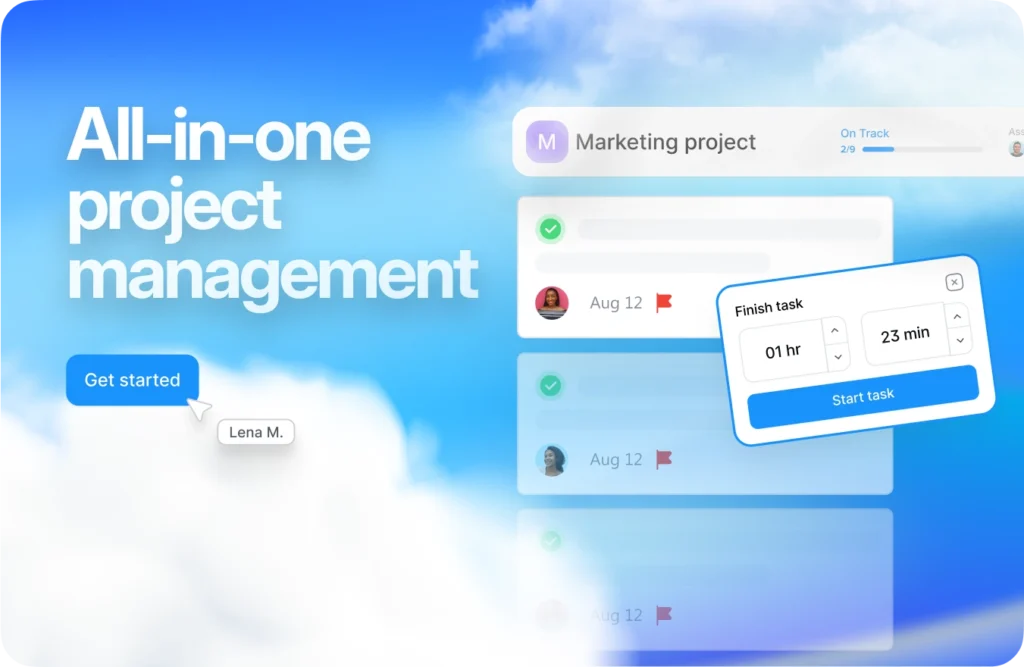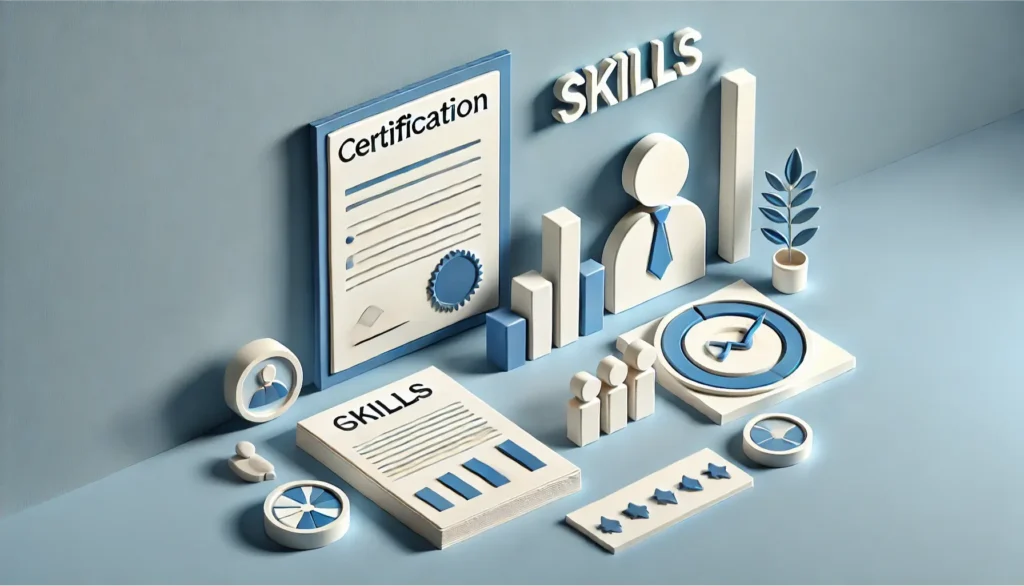What is a Scrum Master? Roles and Responsibilities

In today’s fast-paced business environment, Agile practices have become the gold standard for delivering high-quality products efficiently. At the heart of Agile lies the Scrum methodology, and at the helm of every successful Scrum team is the Scrum Master. But what exactly is a Scrum Master? Think of them as the glue that holds the Scrum team together, ensuring that processes run smoothly and efficiently. They are not traditional managers but rather facilitators and coaches, driving collaboration, productivity, and adherence to Agile principles.
Understanding the nuances of this role is crucial for any organization looking to thrive in an Agile environment. Let’s dive deeper into what a Scrum Master does, their key roles, and the responsibilities they shoulder.

Understanding the Scrum Framework
Before we delve into the specifics of a Scrum Master, it’s important to understand the Scrum framework. Scrum is an Agile methodology designed to help teams work collaboratively, adapt quickly to change, and deliver incremental value in a structured manner. The framework is built around key practices like:
• Sprints: Short, time-boxed periods for completing tasks.
• Scrum Ceremonies: Events like sprint planning, daily stand-ups, and retrospectives.
• Product Backlog: A prioritized list of tasks and requirements.
The Scrum Master plays a pivotal role in this ecosystem, ensuring that the team adheres to the methodology while fostering an environment of continuous improvement.
Who is a Scrum Master?
A Scrum Master is a facilitator, mentor, and servant leader for the Scrum team. They are responsible for ensuring that the team understands and follows Scrum practices effectively. Unlike traditional managers, Scrum Masters focus on empowering the team rather than directing them.
- An effective Scrum Master possesses qualities like:
- Strong communication skills.
- Patience and empathy.
- A deep understanding of Agile principles.
- Problem-solving and conflict resolution abilities.
While some may mistake a Scrum Master for a project manager, the two roles are fundamentally different. Scrum Masters prioritize team dynamics and process adherence, while project managers focus on scope, budget, and deadlines.
Key Roles of a Scrum Master
1. Facilitator
One of the Scrum Master’s primary roles is to facilitate Scrum ceremonies, including sprint planning, daily stand-ups, sprint reviews, and retrospectives. They ensure these meetings are productive, time-efficient, and aligned with the team’s objectives.
2. Coach
A Scrum Master acts as a coach, guiding team members on Agile principles and encouraging them to adopt best practices. They mentor individuals to work effectively within the Scrum framework and help the team maintain high levels of productivity.
3. Servant Leader
Unlike a traditional leader, a Scrum Master adopts a servant leadership approach. They prioritize the needs of the team, remove obstacles that hinder progress, and support the team in achieving their sprint goals.
4. Change Agent
Driving organizational change is another crucial role of a Scrum Master. They help teams and stakeholders embrace Agile values and encourage a mindset of continuous improvement.
Responsibilities of a Scrum Master
The day-to-day responsibilities of a Scrum Master are varied and dynamic. Some of their key tasks include:
Sprint Planning and Facilitation: Coordinating sprint planning meetings to help the team set realistic goals and identify the tasks required to achieve them.
Daily Scrum Meetings: Organizing and moderating daily stand-ups where team members discuss progress, challenges, and next steps.
Sprint Review and Retrospective: Overseeing sprint reviews to showcase completed work and retrospectives to identify areas for improvement.
Collaboration with Product Owners: Aligning with product owners to ensure the team’s work aligns with the product backlog and business priorities.
Conflict Resolution: Acting as a mediator to resolve conflicts and fostering a culture of open communication and collaboration.
Scrum Master Skills
A successful Scrum Master possesses a blend of technical knowledge, leadership, and interpersonal skills. Key skills include:
1. Agile Expertise: Deep understanding of Agile methodologies, particularly Scrum, and their practical application.
2. Facilitation: Ability to lead meetings, workshops, and discussions to encourage collaboration and effective decision-making.
3. Problem-Solving: Strong analytical skills to identify and resolve team impediments quickly.
4. Communication: Excellent verbal and written communication to ensure clarity between team members and stakeholders.
5. Conflict Resolution: Skilled at managing conflicts and fostering a positive, collaborative team environment.
6. Coaching: Expertise in mentoring team members to improve their Agile practices and foster continuous improvement.
7. Adaptability: Flexibility to adjust to changing project needs and team dynamics.
8. Stakeholder Management: Ability to manage relationships and align expectations between the team and stakeholders.
These skills enable Scrum Masters to guide teams effectively and contribute to the success of Agile projects.

Scrum Master Certification and Skills
To excel in their role, Scrum Masters often pursue certifications that validate their understanding of Agile principles and Scrum practices. The most recognized certifications include:
• Certified Scrum Master (CSM) by Scrum Alliance.
• Professional Scrum Master (PSM) by Scrum.org.
• SAFe Scrum Master (SSM) by Scaled Agile.
Alongside these certifications, a successful Scrum Master needs a robust skill set:
- Communication Skills: Facilitating discussions and resolving conflicts effectively.
- Problem-Solving Abilities: Addressing roadblocks creatively and efficiently.
- Leadership Qualities: Inspiring the team to achieve their best.
- Technical Knowledge: Understanding the team’s domain to bridge gaps between technical and business requirements.
Scrum Master vs. Project Manager
| Aspect | Scrum Master | Project Manager |
| Focus | Team dynamics and Agile practices | Scope, budget, and timeline |
| Leadership Style | Servant leadership | Command and control |
| Responsibilities | Facilitating Scrum ceremonies | Planning, executing, and monitoring |
| Decision Authority | Acts as a guide | Makes key project decisions |
| Approach to Change | Encourages adaptability | Manages change within project scope |
The Scrum Master is the backbone of any Agile team, ensuring smooth collaboration, continuous improvement, and adherence to Scrum principles. Their ability to coach, facilitate, and lead with empathy makes them indispensable in today’s fast-paced work environments. Whether you’re an organization seeking efficiency or an individual aiming to excel in Agile, understanding the Scrum Master’s role is a game-changer.

